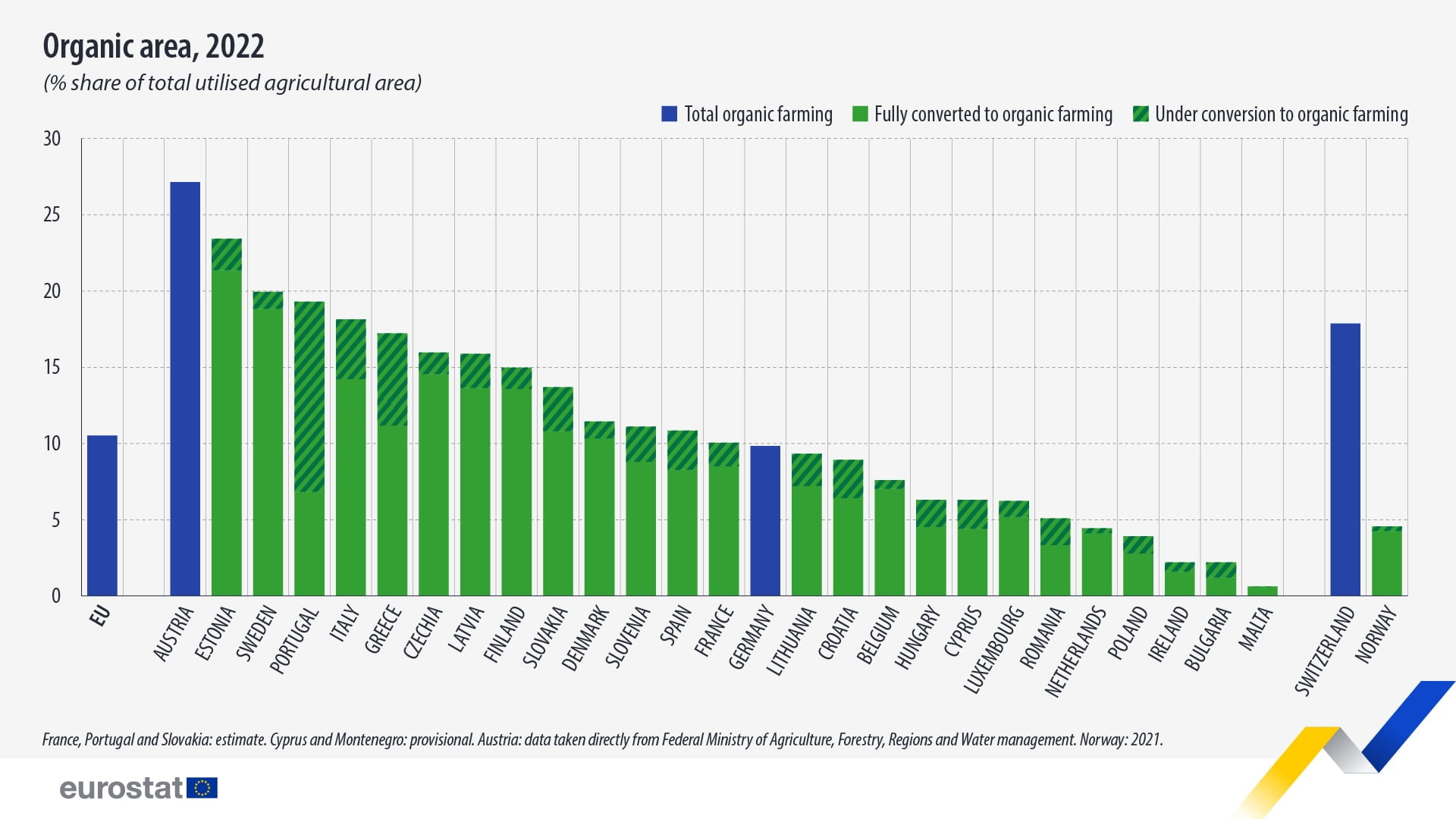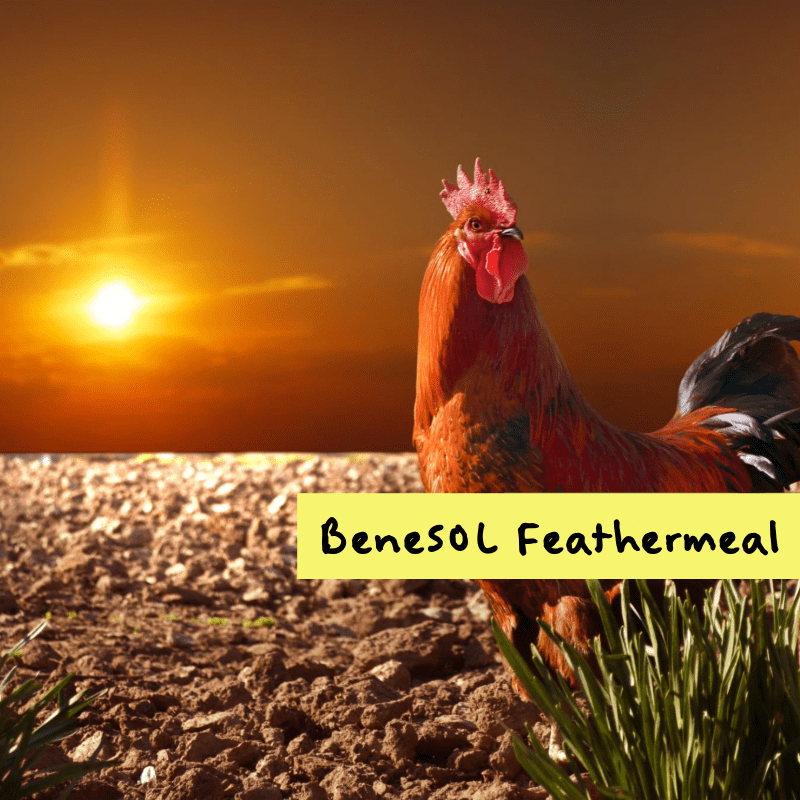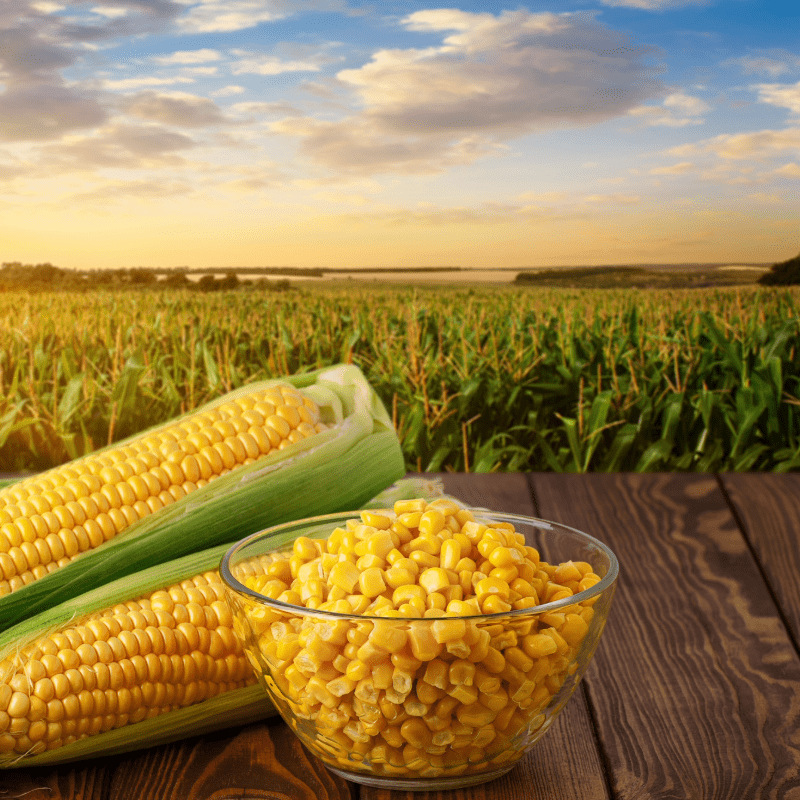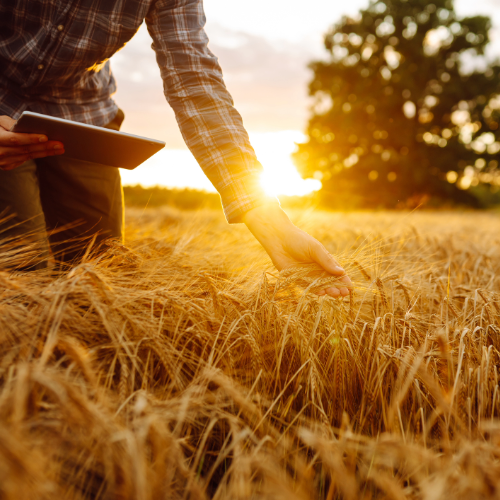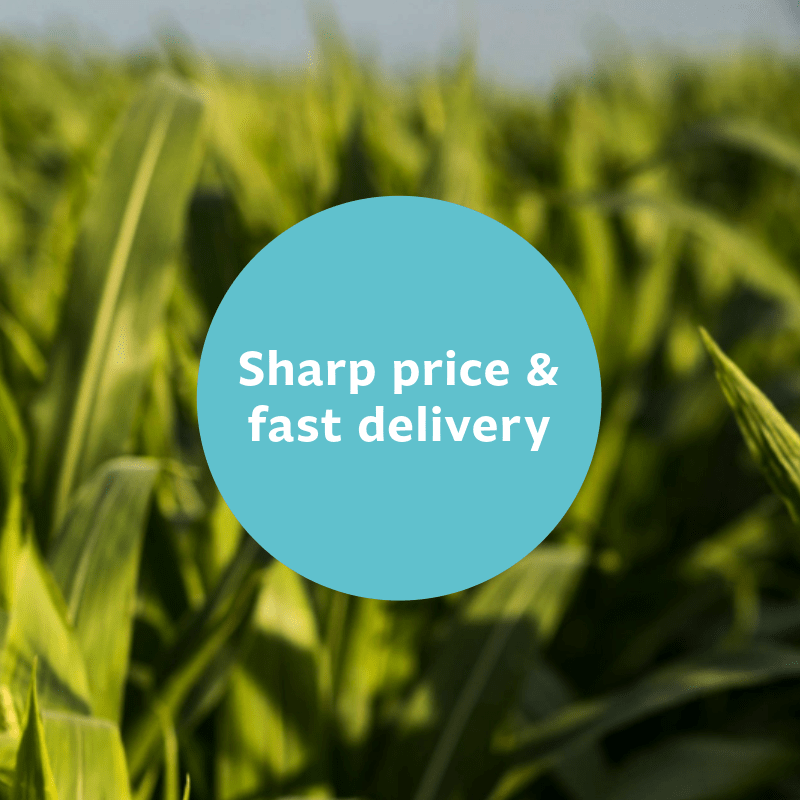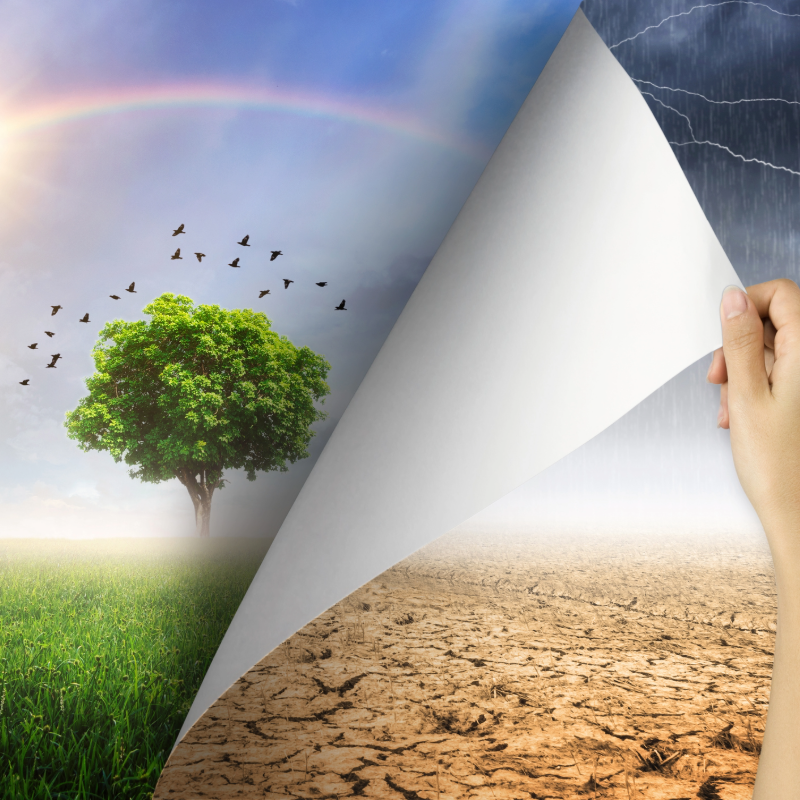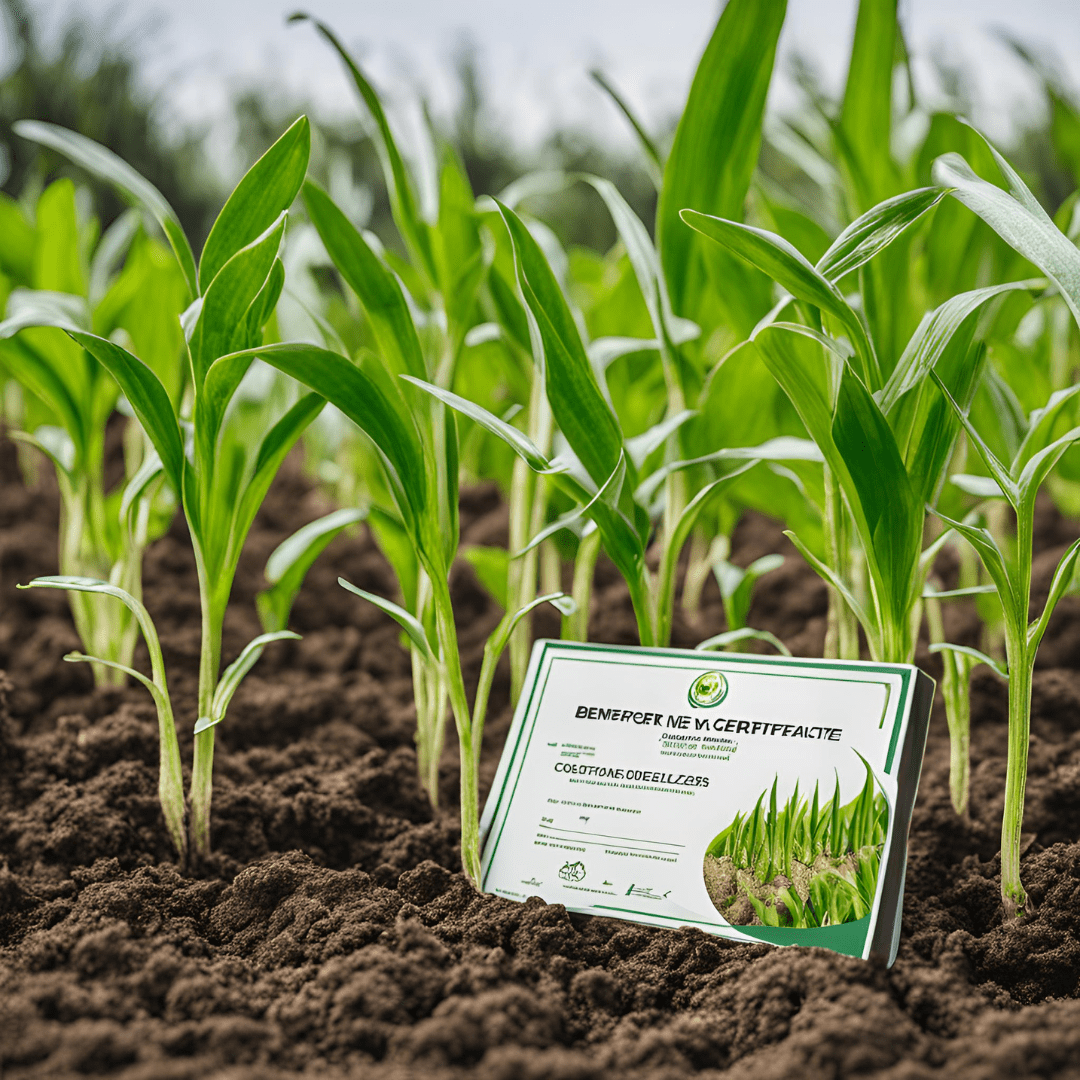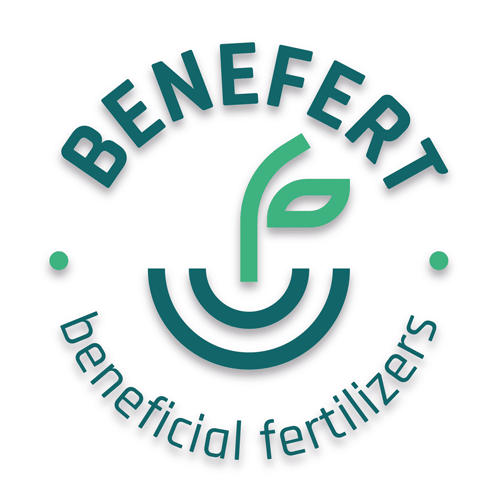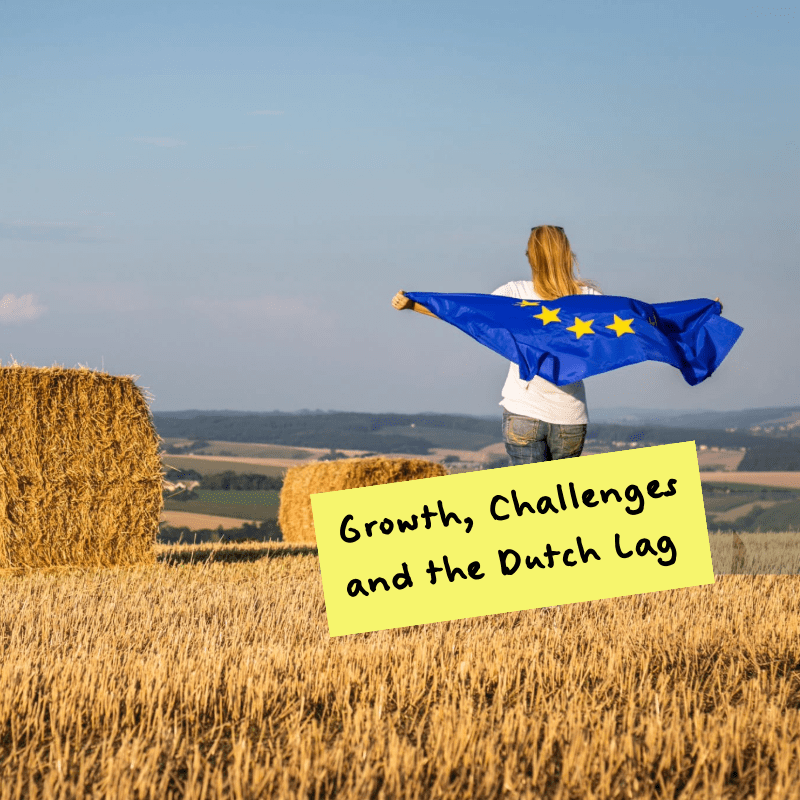
The State of Organic Farming in the EU: Growth, Challenges and the Dutch Lag
In 2022, 10.5% of the EU’s farmland was used for organic agricultural production, a 79% increase since 2012, according to Eurostat. Despite this growth, the EU is not on track to meet its 2030 target of 25% organic farmland as part of its Farm to Fork strategy. The European Environment Agency indicated that the current progress rate needs to nearly double to meet this goal, projecting only 15% organic farming by 2030 if the trend continues.
France leads the EU with 2.9 million organic hectares, followed by Spain, Italy, and Germany. Austria, Estonia, and Sweden have the highest shares of organic farmland.
Dutch Lag
About 4% of Dutch agriculture is organic, making the Netherlands a laggard in the EU for several years, according to new Eurostat figures. While many EU countries are progressing toward the goal of 25% organic agriculture by 2030, growth in the Netherlands has stagnated. The Netherlands has a lower target of 15%, which remains a significant challenge to meet in six years. This lag is attributed to a passive government and reluctant bank lending. Farmers switching to organic face a difficult start-up phase requiring investments, and they only receive the organic label, and thus higher prices, two years after conversion. This label, managed by the government, is poorly promoted, according to researchers.
Challenges
While organic production growth is environmentally beneficial, market support is crucial as sales have declined since 2021. Public procurement and market regulation are recommended to sustain the organic sector.
The main driver of organic food production is demand, which is currently a major obstacle in the Netherlands. Boosting Dutch organic agriculture requires large supermarket chains like ‘Jumbo’ and ‘Albert Heijn’ to follow ‘Plus’ example by making their own brands organic. This would lower costs and reduce prices, potentially increasing demand. Due to low domestic demand, Dutch organic farmers often export their produce to neighboring countries, but this market is becoming uncertain as organic production grows elsewhere in Europe. Consumers consider price, taste, health, and sustainability, but the higher price of organic products means these factors must be valued more. Better information about the benefits and meaning of the organic label is needed to improve consumer perception and demand in the Netherlands.
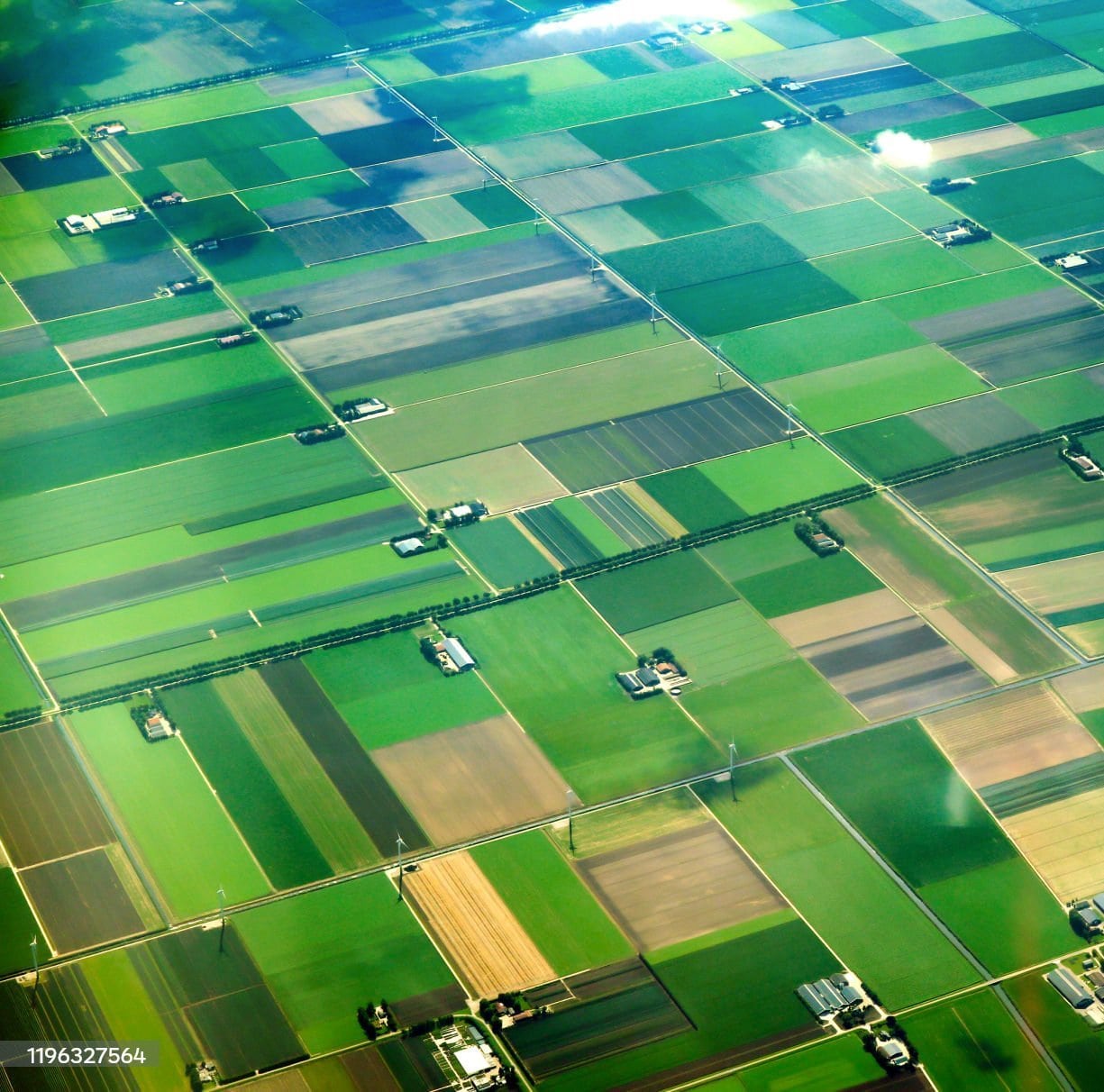
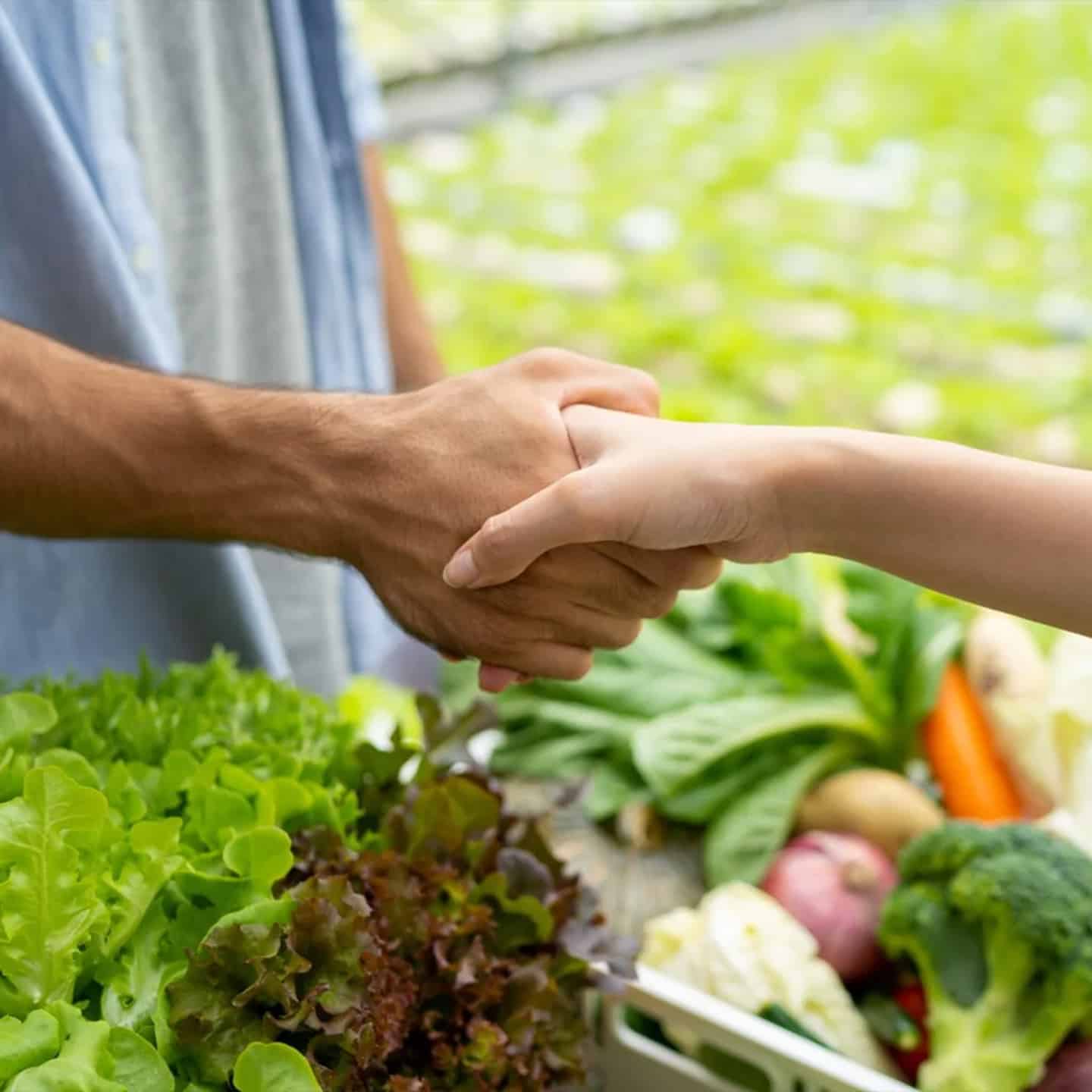
Health benefits
Organic food production offers several health benefits. Scientists are increasingly concerned about the health risks from low-dose pesticide exposure, which occurs through inhalation, skin contact, and food consumption. Eating only organic produce should reduce this exposure, although it’s difficult to study due to multiple exposure sources over a lifetime. Research by Wageningen University & Research found high pesticide levels in the blood and feces of conventional farmers and local residents, whereas organic farmers had significantly lower concentrations. Additionally, organic fruits and vegetables tend to have higher levels of antioxidants and vitamin C, and lower levels of the harmful heavy metal cadmium.
Biodiversity, climate and nitrogen
Organic farming has sustainability advantages, particularly in arable farming, where it results in about 25% higher biodiversity, possibly due to better soil quality from organic fertilizers. Climate-wise, organic farming reduces nitrous oxide emissions by using organic fertilizers instead of artificial ones but increases CO2 emissions through additional mechanical weed control. Regarding nitrogen, organic dairy farming benefits include less ammonia formation due to more frequent grazing and reduced use of imported concentrate feed, the main source of the Dutch nitrogen surplus. However, these environmental gains are partially offset by lower productivity.
Source:
